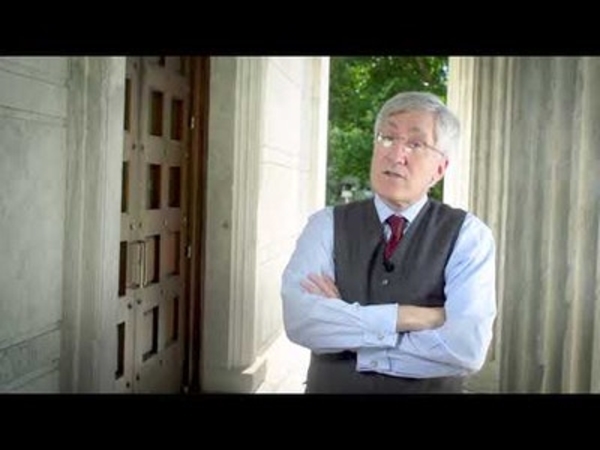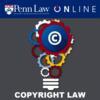Price:
4493 EUR
Contact
Princeton University
Description
Though the Constitution is widely credited for the success of the United States’ republican democracy, people often disagree about how it should be interpreted. What does the Constitution mean? What does it require, and what does it forbid? In this course, we will examine competing theories of, and approaches to, constitutional interpretation. More specifically, we ask:
Should the provisions of the U.S. Constitution be read to give effect to the intent of their framers and ratifiers? If so, what counts as their “intent,” and how is it to be discerned?
If “original intent” is not the touchstone of interpretation, how is the constitutional interpreter to avoid simply reading his or her own moral beliefs or political ideology into the Constitution?
Who, by the Constitution’s own terms, has the power of judicial review, that is, to authoritatively interpret the Constitution and give effect to its principles and norms?
If we accept the principle of judicial review, does that mean that judges always have the final say in disputed questions of what the Constitution means and requires?
Through lectures, Supreme Court cases, readings, quizzes and discussions, this course will give you a better understanding of the most critical questions related to the American Constitution (including the Bill of Rights).
Specific details
Category of Education
Law







 How to resolve AdBlock issue?
How to resolve AdBlock issue? 


Comments (0)